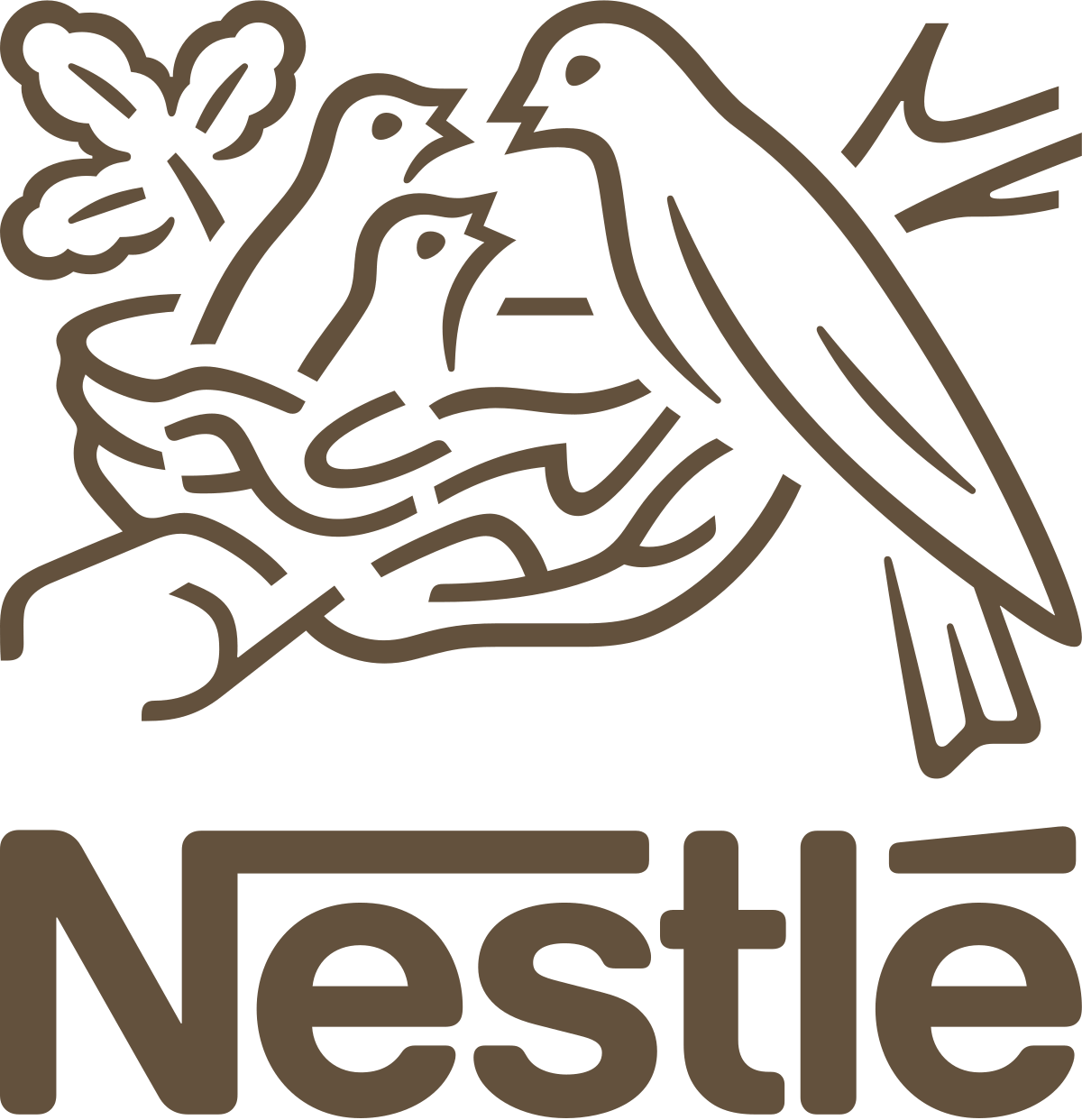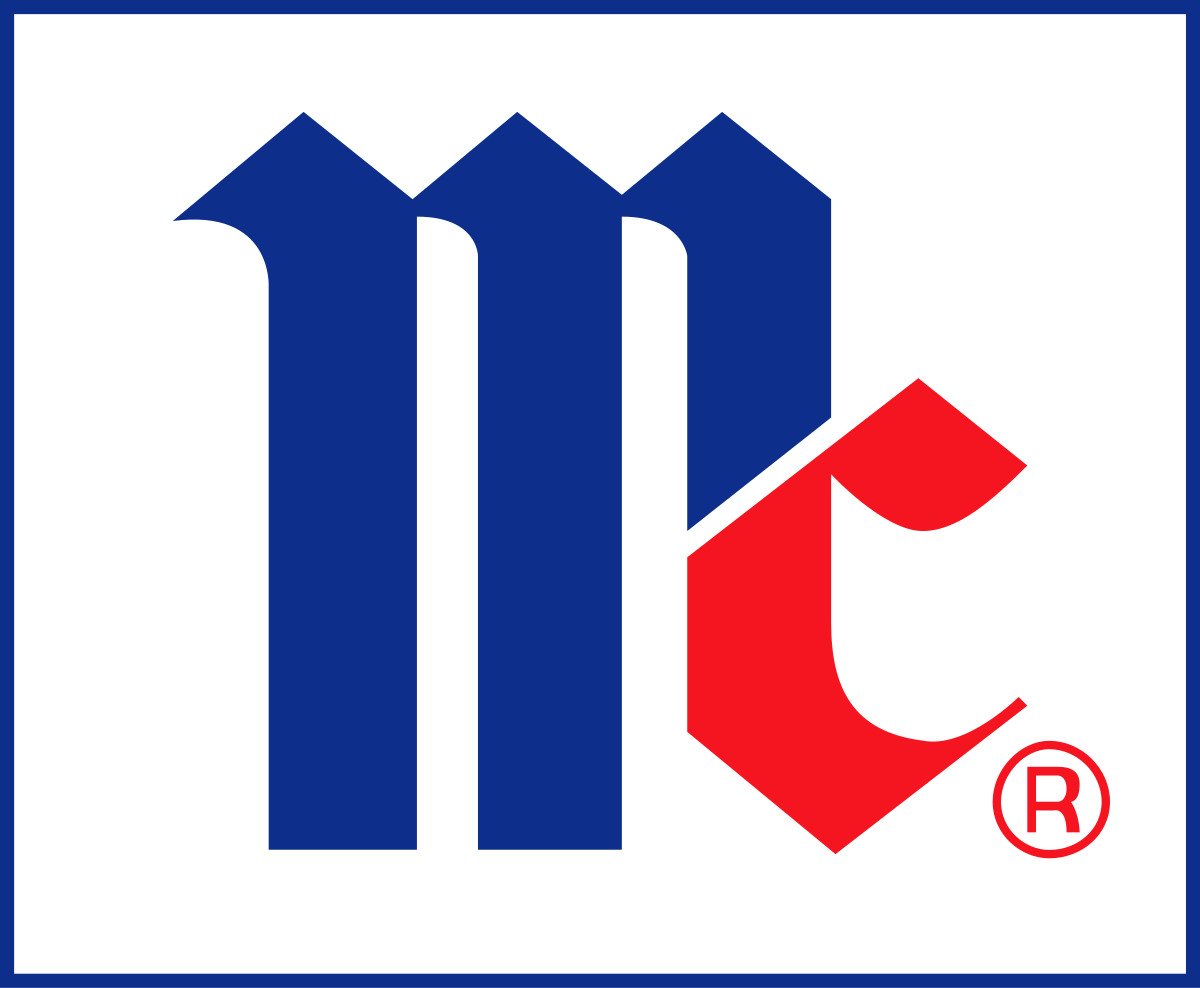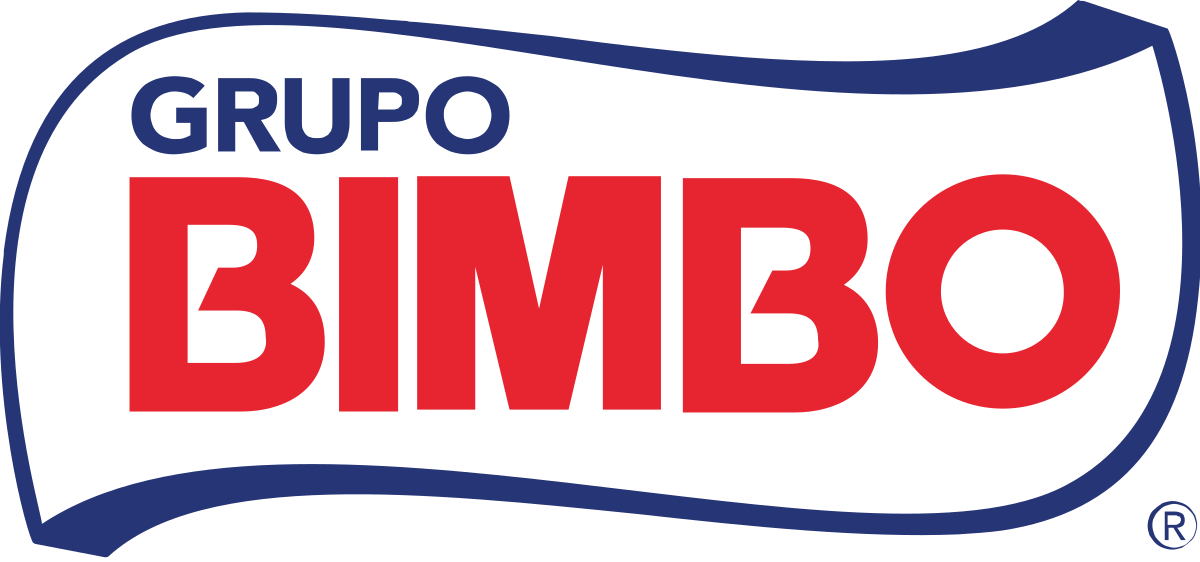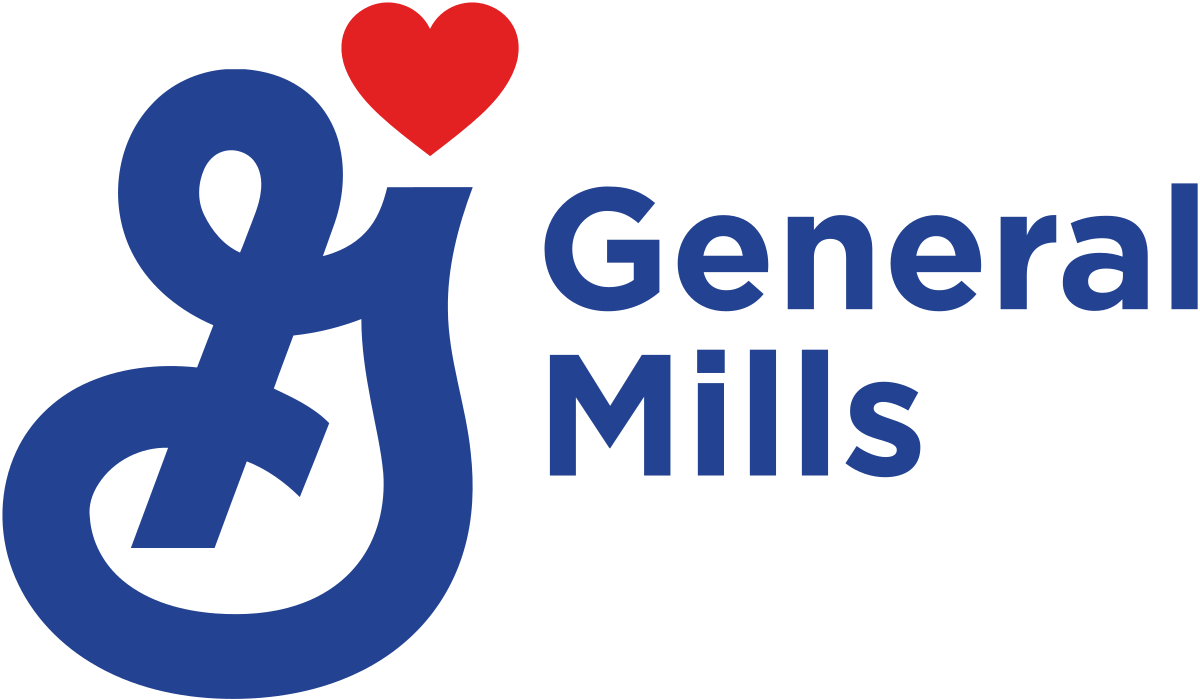Global High Fiber Snacks Market By Nature, By Product, By Distribution Channel By Region & Segmental Market Size & Forecast, 2015 – 2031, Trends & Competitive Landscape
- Industry: Food & Beverages
- Report ID: TNR-110-905
- Number of Pages: 420
- Table/Charts : Yes
- October, 2023
- Base Year : 2024
- No. of Companies : 11+
- No. of Countries : 29
- Views : 10260
- Covid Impact Covered: Yes
- War Impact Covered: Yes
- Formats : PDF, Excel, PPT
Global High Fiber Snacks Market Recorded Revenue Worth US$ 24.62 Billion in 2022, Growing at an Estimated CAGR of 9% During 2023 – 2031
High fiber snacks are food items designed to provide a significant amount of dietary fiber, a crucial component of a balanced diet. These snacks offer a convenient and tasty way to increase fiber intake, which promotes digestive health, aids weight management, and helps maintain steady blood sugar levels. High fiber snacks typically incorporate whole grains, fruits, vegetables, nuts, and seeds, all of which are rich in soluble and insoluble fibers.
Soluble fiber helps lower cholesterol and stabilizes blood sugar, while insoluble fiber supports regular bowel movements. Examples of high fiber snacks include whole grain crackers, trail mix with nuts and dried fruits, fresh fruit with skin, and vegetable sticks with hummus. Incorporating these snacks into one’s diet contributes to overall well-being by improving digestion and supporting various aspects of health.

In the global high fiber snacks market, cereal and granola bars are dominating, while nuts and seeds are growing faster. Cereal and granola bars have gained prominence due to their convenience, portability, and perceived health benefits. A study published in the “Journal of Nutrition and Metabolism” highlighted the popularity of these bars as a quick source of dietary fiber. Major brands have invested in expanding their cereal and granola bar offerings, further solidifying their dominance.
COVID-19 Impact Analysis on Global High Fiber Snacks Market
Before the COVID-19 pandemic, the high fiber snacks market was already witnessing a rising trend in health-conscious consumer behavior. The demand for convenient yet nutritious snacks was growing steadily due to increasing awareness of the benefits of high-fiber diets. Cereal and granola bars, nuts and seeds, dried fruits, and other high-fiber options were gaining popularity among consumers seeking balanced eating habits.
The COVID-19 pandemic had a significant impact on the high fiber snacks market. As health and well-being took center stage, the demand for immune-boosting and wholesome snacks surged. Consumers’ focus on maintaining healthy diets and strengthening their immune systems led to increased interest in high-fiber snacks rich in nutrients. Cereal and granola bars, known for their convenience and satiety, saw sustained demand as people sought shelf-stable options.

Global High Fiber Snacks Market Revenue & Forecast, (US$ Million), 2015 – 2031
A significant driver of the high fiber snacks market is the increasing awareness of gut health. According to a study published in the “Frontiers in Nutrition” journal, there is a growing recognition of the role of dietary fiber in promoting a healthy gut microbiome. Consumers are seeking high-fiber snacks like nuts and seeds, which support digestive regularity and overall gut well-being. This trend is further fueled by health experts’ emphasis on the gut-brain connection and its impact on overall wellness, driving the demand for snacks that contribute to a balanced digestive system.
The limited shelf life and perishability of some high-fiber snacks can serve as a restraint in the market. Fresh options like fruits and vegetables, despite being rich in fiber, have shorter shelf lives, leading to concerns about spoilage and food waste. Consumers’ preference for longer-lasting snacks could hinder the adoption of these perishable choices. Moreover, certain high-fiber snacks, if not stored properly, can lose their nutritional value over time. These challenges pose a restraint to the market’s growth, as consumers may opt for less nutritious but more shelf-stable alternatives.
In the global high fiber snacks market, conventional snacks is a major revenue contributor in 2022, whereas organic is expected to gain tremendous prominence during 2023 – 2031. Organic snacks will gain prominence due to increasing consumer preferences for clean and natural food options. A study conducted by the Organic Trade Association reported a steady rise in organic food sales, indicating heightened demand for organic choices.
North America dominated the global high fiber snacks market in 2022. This prominence is rooted in a well-established health-conscious culture and a growing preference for dietary choices that prioritize fiber intake. Consumer trends reported by various industry sources reflect North American consumers’ increasing demand for high fiber snacks. The mature market, coupled with an extensive distribution network and a population focused on wellness, solidifies North America’s supremacy in the high fiber snacks sector.

Competitive Landscape
The report provides both, qualitative and quantitative research of global high fiber snacks market, as well as provides comprehensive insights and development methods adopted by the key contenders. The report also offers extensive research on the key players in this market and details on the competitiveness of these players. Key business strategies such as mergers and acquisitions (M&A), affiliations, collaborations, and contracts adopted by these major market participants are also recognized and analyzed in the report. For each company, the report studies their global presence, competitors, service offerings and specification amongst others.
A few of the key players operating in the global high fiber snacks market are
- Ardent Mills
- Bearded Brothers
- BiteBox
- Energy Bar Foods
- Flowers Foods
- General Mills Inc.
- Grain Millers, Inc.
- Hodgson Mill
- Kellogg Co.
- Mojo Snacks
- Other Industry Participants
Global High Fiber Snacks Market Scope:
| Report Specifications | Details |
| Market Revenue in 2022 | US$ 24.62 Billion |
| Market Size Forecast by 2031 | US$ 56.25 Billion |
| Growth Rate (CAGR) | 9% |
| Historic Data | 2015 – 2021 |
| Base Year for Estimation | 2022 |
| Forecast Period | 2023 – 2031 |
| Report Inclusions | Market Size & Estimates, Market Dynamics, Competitive Scenario, Trends, Growth Factors, Market Determinants, Key Investment Segmentation, Product/Service/Solutions Benchmarking |
| Segments Covered | By Nature, By Product, By Distribution Channel |
| Regions Covered | North America, Europe, Asia Pacific, Middle East & Africa, Latin America |
| Countries Covered | U.S., Canada, Mexico, Rest of North America, France, The UK, Spain, Germany, Italy, Nordic Countries (Denmark, Finland, Iceland, Sweden, Norway), Benelux Union (Belgium, The Netherlands, Luxembourg), Rest of Europe, China, Japan, India, New Zealand, Australia, South Korea, Southeast Asia (Indonesia, Thailand, Malaysia, Singapore, Rest of Southeast Asia), Rest of Asia Pacific, Saudi Arabia, UAE, Egypt, Kuwait, South Africa, Rest of Middle East & Africa, Brazil, Argentina, Rest of Latin America |
| Key Players | Ardent Mills, Bearded Brothers, BiteBox, Energy Bar Foods, Flowers Foods, General Mills Inc., Grain Millers, Inc., Hodgson Mill, Kellogg Co., Mojo Snacks, Other Industry Participant |
| Customization Scope | Customization allows for the inclusion/modification of content pertaining to geographical regions, countries, and specific market segments. |
| Pricing & Procurement Options | Explore purchase options tailored to your specific research requirements |
| Contact Details | Consult With Our Expert
Japan (Toll-Free): – +81 663-386-8111 South Korea (Toll-Free): – +82-808- 703-126 Saudi Arabia (Toll-Free): – +966 800 850 1643 United States: +1 302-232-5106 United Kingdom: +447537105080 E-mail: askanexpert@thenicheresearch.com
|
Global High Fiber Snacks Market:
By Nature
- Organic
- Conventional
By Product
- Cereal and Granola Bars
- Nuts and Seeds
- Dried Fruits
- Biscuits and Cookies
- Trail Mix Snacks
- Others
By Distribution Channel
- Supermarkets/Hypermarkets
- Specialty Stores
- Convenience Stores
- Online Retailers
- Others
By Region
- North America (U.S., Canada, Mexico, Rest of North America)
- Europe (France, The UK, Spain, Germany, Italy, Nordic Countries (Denmark, Finland, Iceland, Sweden, Norway), Benelux Union (Belgium, The Netherlands, Luxembourg), Rest of Europe)
- Asia Pacific (China, Japan, India, New Zealand, Australia, South Korea, Southeast Asia (Indonesia, Thailand, Malaysia, Singapore, Rest of Southeast Asia), Rest of Asia Pacific)
- Middle East & Africa (Saudi Arabia, UAE, Egypt, Kuwait, South Africa, Rest of Middle East & Africa)
- Latin America (Brazil, Argentina, Rest of Latin America)
Global High Fiber Snacks Market Snapshot
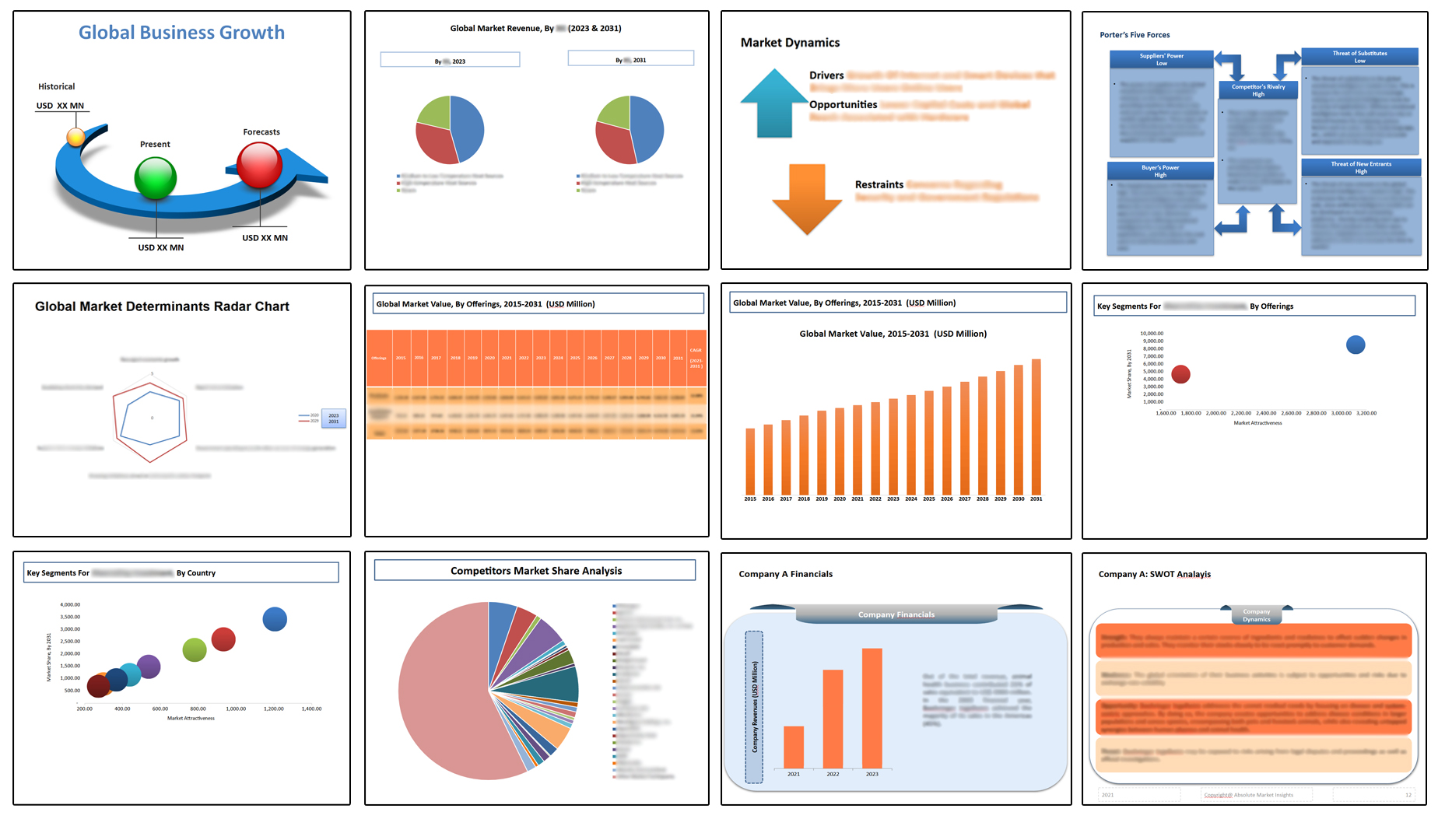
Table of Contents
**Exclusive for Multi-User and Enterprise User.
Global High Fiber Snacks Market
By Nature
By Product
By Distribution Channel
By Region
**Note: The report covers cross-segmentation analysis by region further into countries
The Niche Research approach encompasses both primary and secondary research methods to provide comprehensive insights. While primary research is the cornerstone of our studies, we also incorporate secondary research sources such as company annual reports, premium industry databases, press releases, industry journals, and white papers.
Within our primary research, we actively engage with various industry stakeholders, conducting paid interviews and surveys. Our meticulous analysis extends to every market participant in major countries, allowing us to thoroughly examine their portfolios, calculate market shares, and segment revenues.
Our data collection primarily focuses on individual countries within our research scope, enabling us to estimate regional market sizes. Typically, we employ a bottom-up approach, meticulously tracking trends in different countries. We analyze growth drivers, constraints, technological innovations, and opportunities for each country, ultimately arriving at regional figures.Our process begins by examining the growth prospects of each country. Building upon these insights, we project growth and trends for the entire region. Finally, we utilize our proprietary model to refine estimations and forecasts.
Our data validation standards are integral to ensuring the reliability and accuracy of our research findings. Here’s a breakdown of our data validation processes and the stakeholders we engage with during our primary research:
- Supply Side Analysis: We initiate a supply side analysis by directly contacting market participants, through telephonic interviews and questionnaires containing both open-ended and close-ended questions. We gather information on their portfolios, segment revenues, developments, and growth strategies.
- Demand Side Analysis: To gain insights into adoption trends and consumer preferences, we reach out to target customers and users (non-vendors). This information forms a vital part of the qualitative analysis section of our reports, covering market dynamics, adoption trends, consumer behavior, spending patterns, and other related aspects.
- Consultant Insights: We tap into the expertise of our partner consultants from around the world to obtain their unique viewpoints and perspectives. Their insights contribute to a well-rounded understanding of the markets under investigation.
- In-House Validation: To ensure data accuracy and reliability, we conduct cross-validation of data points and information through our in-house team of consultants and utilize advanced data modeling tools for thorough verification.
The forecasts we provide are based on a comprehensive assessment of various factors, including:
- Market Trends and Past Performance (Last Five Years): We accurately analyze market trends and performance data from preceding five years to identify historical patterns and understand the market’s evolution.
- Historical Performance and Growth of Market Participants: We assess the historical performance and growth trajectories of key market participants. This analysis provides insights into the competitive landscape and individual company strategies.
- Market Determinants Impact Analysis (Next Eight Years): We conduct a rigorous analysis of the factors that are projected to influence the market over the next eight years. This includes assessing both internal and external determinants that can shape market dynamics.
- Drivers and Challenges for the Forecast Period:Identify the factors expected to drive market growth during the forecast period, as well as the challenges that the industry may face. This analysis aids in deriving an accurate growth rate projection.
- New Acquisitions, Collaborations, or Partnerships: We keep a close watch on any new acquisitions, collaborations, or partnerships within the industry. These developments can have a significant impact on market dynamics and competitiveness.
- Macro and Micro Factors Analysis:A thorough examination of both macro-level factors (e.g., economic trends, regulatory changes) and micro-level factors (e.g., technological advancements, consumer preferences) that may influence the market during the forecast period.
- End-User Sentiment Analysis: To understand the market from the end-user perspective, we conduct sentiment analysis. This involves assessing the sentiment, preferences, and feedback of the end-users, which can provide valuable insights into market trends.
- Perspective of Primary Participants: Insights gathered directly from primary research participants play a crucial role in shaping our forecasts. Their perspectives and experiences provide valuable qualitative data.
- Year-on-Year Growth Trend: We utilize a year-on-year growth trend based on historical market growth and expected future trends. This helps in formulating our growth projections, aligning them with the market’s historical performance.
Research process adopted by TNR involves multiple stages, including data collection, validation, quality checks, and presentation. It’s crucial that the data and information we provide add value to your existing market understanding and expertise. We have also established partnerships with business consulting, research, and survey organizations across regions and globally to collaborate on regional analysis and data validation, ensuring the highest level of accuracy and reliability in our reports.
